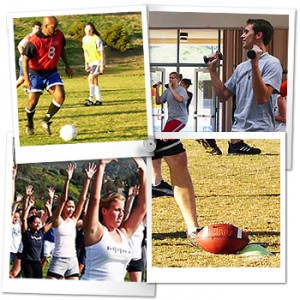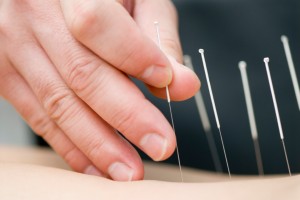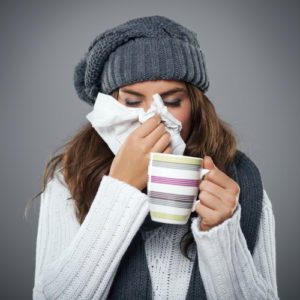 Having positive mental health means there is a balance in all parts of your life. (social, physical, spiritual, emotional, financial, and mental).
Having positive mental health means there is a balance in all parts of your life. (social, physical, spiritual, emotional, financial, and mental).
Mental health issues can cause a big change in the way a person thinks, feels, acts, and their ability to function on a daily basis. Mental illness has a huge affect on the quality of life of people living with these illnesses.
There is usually no one cause of a mental health problem:
- biological: chemistry in the brain or other body system
- psychological: issues with thought or emotion
- social: life events and stresses
Many factors can potentially trigger a period of poor mental health:
- childhood abuse, trauma, or neglect
- social isolation or loneliness
- death of a loved one
- severe or long-term stress
- unemployment or losing your job
- social disadvantage, poverty or debt
- homelessness or poor housing
- caring for a family member
- a long-term physical health condition
- drug and alcohol misuse
- domestic violence
- significant trauma as an adult
- genetic factors
There are two common forms of treatment for mental illness: talking treatments and medication.
- Talking treatments provide a regular time and space for you to talk about your thoughts and experiences and explore difficult feelings with a trained professional. This can include general counseling, psychotherapy, cognitive behavioral therapy, or psychological therapy. These treatment options can help deal with a specific problem,and help cope with upsetting memories or experiences while develop helpful ways of dealing with day-to-day life.
- Medication treatment is available by prescription medication. Prescription medication doesn’t cure mental health problems, but can reduce many symptoms, which will help the individual cope with daily life. Some common medication used for mental health are: antidepressants, anti-anxiety medication, sleeping pills, mood stabilizers and anti-psychotic medication.
It can be hard to recognize whether someone’s behavior is a result of an emotional incident, or a signal of mental illness. Short-lived feelings of sadness, loneliness or stress are part of our every day experiences, and help us cope with more traumatic experiences in the future, however, when these emotions remain unchanged over time and start to interfere with day-to-day life, they could be signs of mental illness.





 During this time of year it is easy to feel
During this time of year it is easy to feel 


